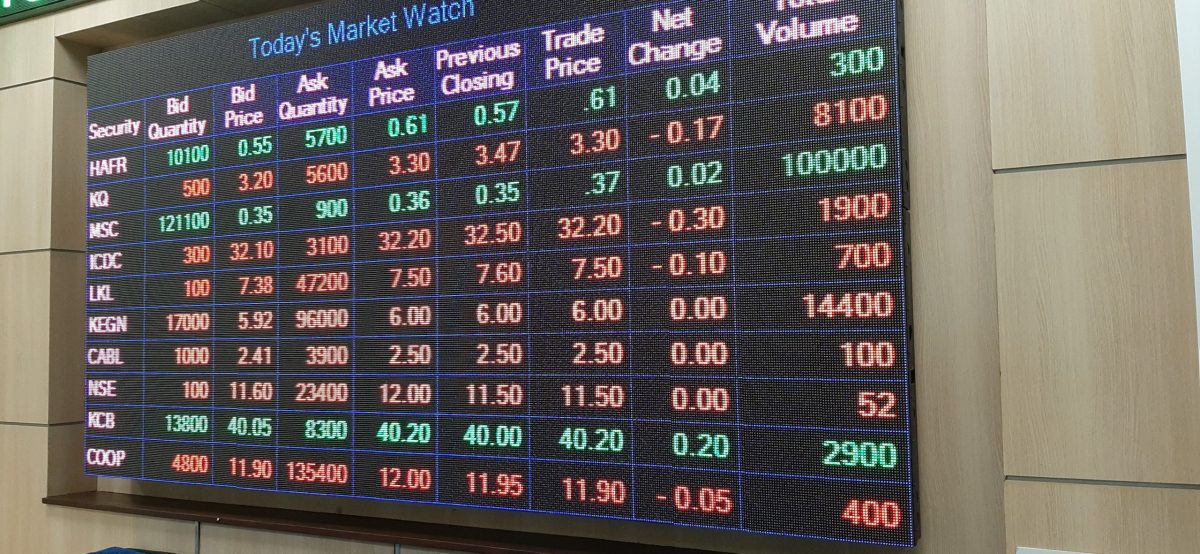CBK fingers NSSF bond trading deal

National Social Security Fund (NSSF) is on the spot following allegations of illegal and irregular activities in Kenya’s bond markets.
Central Bank of Kenya (CBK) has raised concerns over suspicious trading patterns involving the NSSF, prompting an official request to the Capital Markets Authority (CMA) to investigate potential breaches of financial regulations.
In a letter addressed to the CMA, the CBK detailed its findings after examining market trades between May and July 2024.
The investigation uncovered irregularities involving the NSSF, Humphrey Wachira Gichuru, and Pergamon Investment Bank, suggesting possible insider trading—an offense that carries serious legal consequences if proven.
“The Central Bank of Kenya would like to bring to your attention some irregular trades carried out between May-July 2024 between NSSF Kenya’s CSD accounts 114813-0004 and 142816-0004 and two trading parties,” stated the letter.
Selling at lower rates
The trading parties implicated include Humphrey Wachira Gichuru, through CSD accounts 234783-0004 and 265560-0004, and Pergamon Investment Bank, via CSD accounts 245351-004, 20725-0004, and 245221-0004.
The CBK’s analysis suggests that the NSSF engaged in trades that were not aligned with market norms, potentially to benefit specific individuals and entities at the expense of the broader base of contributors.
According to the CBK, NSSF purchased bonds at prices significantly above the market average and, in some instances, sold bonds at lower prices only to repurchase the same bonds at higher prices shortly afterwards. This pattern of activity raises red flags regarding the motives behind these transactions and their compliance with established financial regulations.
Pergamon Investment Bank, which is reportedly linked to Humphrey Wachira, has been identified as a central player in these questionable trades. The close association between Pergamon and the NSSF in these transactions has led to suspicions that the state pension fund might have been manipulated to serve the interests of specific individuals or entities, rather than acting in the best interests of its contributors.
The CBK has now called on the CMA to thoroughly investigate these trades and hold accountable those responsible for any illegal or unethical behavior.
The potential ramifications of such conduct are profound, not only for the NSSF but also for the integrity of Kenya’s financial markets. If proven true, these activities could significantly undermine investor confidence and damage the reputation of institutions entrusted with managing the financial futures of millions of Kenyans.
Eroding trust in market
Market participants have expressed concern over the potential impact of these irregularities on the bond market. One market participant, speaking on condition of anonymity, warned that such actions could erode trust in the market. “Markets work because regulations and guidelines are being followed by all market participants without exemptions,” he emphasized.
The fear is that if such behaviour goes unchecked, it could set a dangerous precedent, making the market more vulnerable to manipulation and instability.
The fund is responsible for safeguarding the financial security of its contributors, and any actions that jeopardize this trust could have far-reaching consequences.














